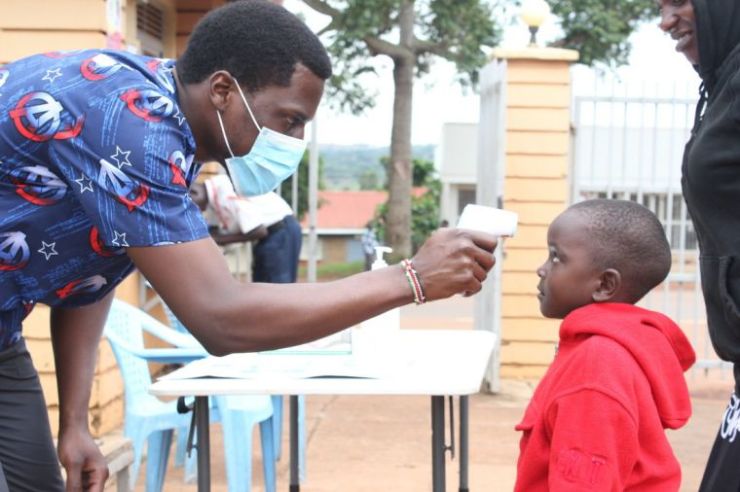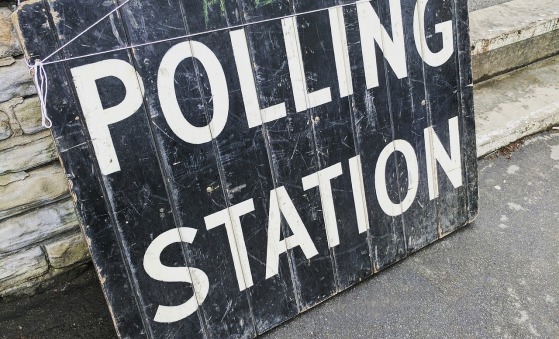
It is not often that the world is united in a health crisis, but coronavirus has done just that. Yet it is already becoming apparent that personal experience of the pandemic will vary greatly depending on factors like where people live and their economic status.
There are fears that the impact on developing countries with few resources and little in the way of healthcare or welfare will be devastating, and for those living with disability, even more so.
Kirsty Smith, Chief Executive of Christian Blind Mission, speaks to Christian Today about the impact of coronavirus on disabled communities across developing countries in Asia and Africa, and the struggle to continue supporting them through the pandemic.
CT: How much of a threat is coronavirus to the communities where you work?
Kirsty: For people in very poor environments, the pandemic is a very different experience. One of the things we've been able to do in the UK is to introduce social distancing, which has been one of the most effective ways of reducing the spread. In many of the places where CBM works, people live in large families, it's very difficult to keep the numbers in any one place down, and they may also be living in slum areas where housing is very poor and very close together, so there just isn't the luxury of staying two metres apart. Realistically, there's no chance of that.
In addition to that, many of the communities where we work do not have access to running water, and they certainly don't have access to soap. So again, one of the most effective ways of protecting against coronavirus that we've got here in the UK - washing our hands on a regular, almost slightly obsessive basis - is not an option in many of our communities.
Some of the primary healthcare facilities themselves don't even have those facilities. If you think about the problem we've had here in the UK getting PPE [personal protective equipment] to our frontline health workers, that problem is going to be exacerbated in countries that have significantly weaker health systems. They are unlikely to have the number of staff that they need to respond to this pandemic and they are unlikely to be able to pivot the staff that they do have.
While in the UK, many of the health staff have been moved away from things like podiatry and dentistry to frontline health roles, that's not so likely to happen in the countries where we are working. Staff there don't have the flexibility to travel to different places, or to work from home. Many of us have that flexibility in the UK but in developing countries, many are living in small, crowded places, and they may not have electricity or access to the internet in their homes, so we're talking about really challenging circumstances, only some of which CBM will be able to address.
Read the complete article here.




